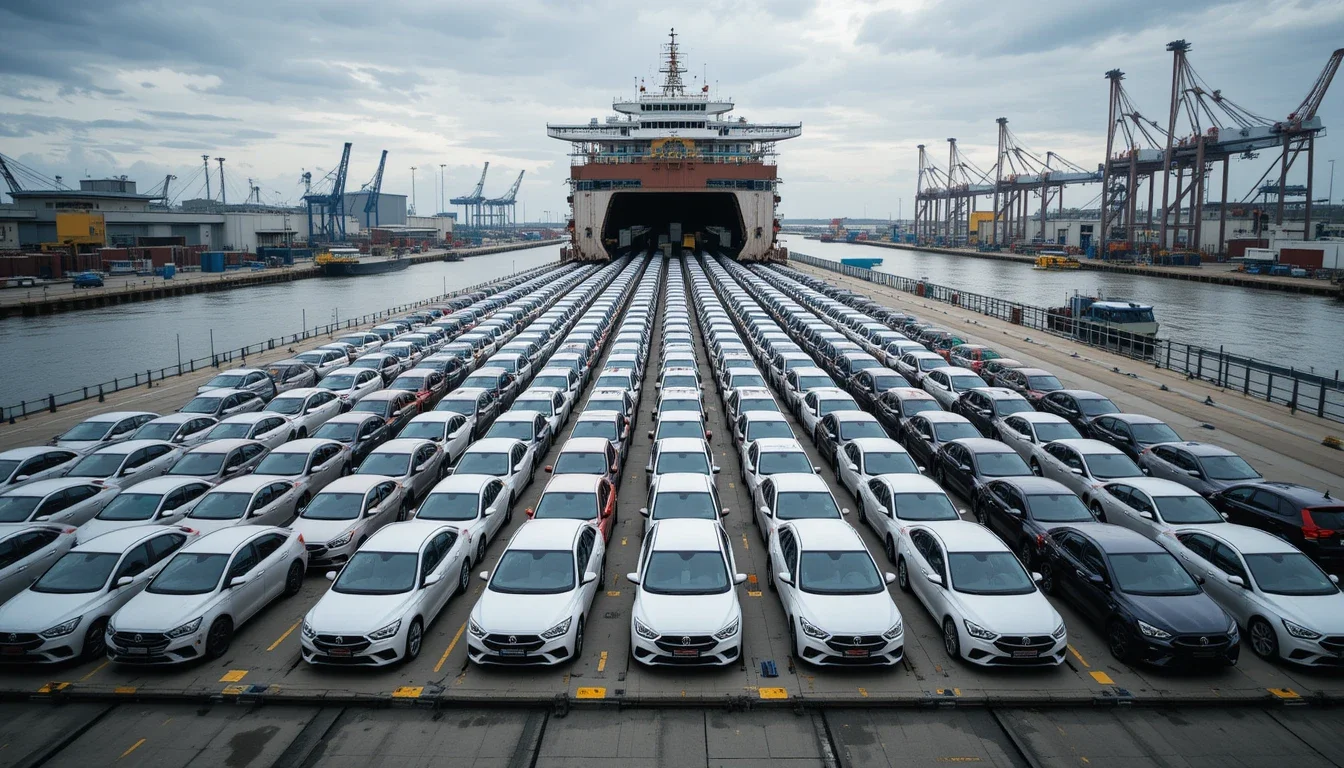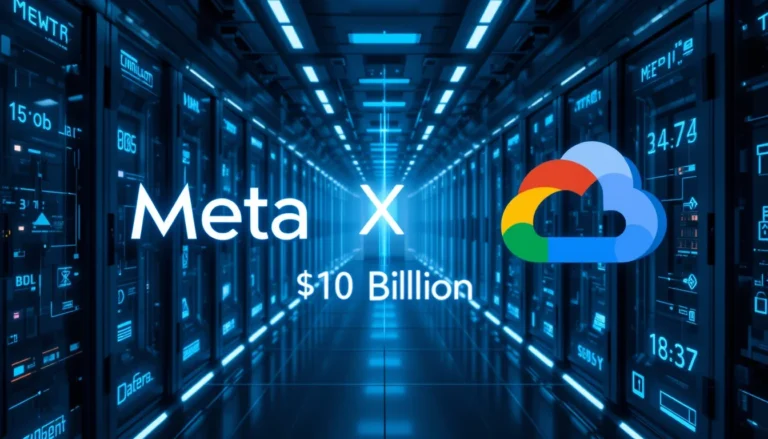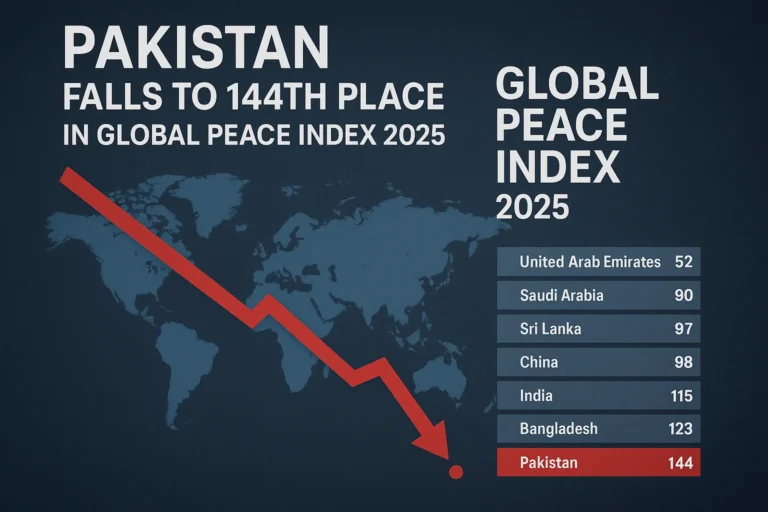The government has introduced a new car import policy in Pakistan that places a 40% tariff on commercial imports of used cars. This decision, effective from September 2025, is part of commitments made under the IMF bailout program. While the policy aims to protect the local auto industry, consumers may not experience immediate relief in car prices.
Government’s New Car Import Rules 2025
The government announced that accidental and low-quality used vehicles will no longer be allowed into Pakistan. Instead, commercial imports of used cars up to five years old will be permitted under strict tariff regulations.
- A 40% tariff will be imposed on commercial imports.
- Import schemes such as transfer of residence, baggage, and gift are still under review.
- Nearly one-fourth of demand in Pakistan’s auto market currently depends on these schemes.
This marks the beginning of a gradual liberalisation of Pakistan’s auto sector.
IMF Bailout and Its Impact on the Auto Sector
Under the $7 billion IMF bailout, Pakistan must open its auto sector while protecting local assemblers through tariffs. Officials confirmed that the 40% tariff will be reduced to zero over the next four years, eventually allowing the import of six- to eight-year-old vehicles by 2029.
Key IMF Conditions for Pakistan Auto Industry
- Tariff reduction from 20.2% to 9.7% within five years.
- Customs duty cut to 11.2%, additional customs duty to 1.8%, and regulatory duty to 2.7% by FY26.
- Simplification of the tariff structure to four slabs with a maximum 15% rate.
Impact on Car Prices in Pakistan
Despite the policy changes, car prices in Pakistan are unlikely to drop immediately. Local assemblers argue that government taxation—already ranging from 30% to 61% of the retail price—keeps vehicles expensive.
Consumers hoping for cheaper imported vehicles may remain disappointed in the short term because of:
- The 40% tariff on used cars.
- The ban on accidental vehicles.
- Strong lobbying by local manufacturers.
Local Industry vs Imported Cars
The Pakistan Automotive Manufacturers Association (PAMA) and the Pakistan Association of Automotive Parts and Accessories Manufacturers (PAAPAM) are actively lobbying against the policy. They argue that liberalisation could undermine the local industry and affect jobs in the auto parts sector.
Meanwhile, consumers often prefer imported cars because they offer better quality and features compared to locally assembled vehicles.
Environmental Standards and Future Outlook
As Pakistan opens its auto sector, the government will introduce environmental standards for imported vehicles to reduce risks. From July 2026, protections for the local auto sector—such as high customs duties—will begin to phase out.
Future of Car Import Policy in Pakistan
- Gradual reduction of tariffs until 2029.
- Simplified import duties and transparent rules.
- Possible price stabilisation once tariff cuts take effect.
Conclusion
The car import policy in Pakistan reflects a delicate balance between IMF conditionalities and pressures from the local auto lobby. For now, the 40% tariff on used cars means consumers should not expect immediate relief in prices. However, as tariffs reduce and regulations evolve, Pakistan’s auto market could see significant changes in the coming years.






